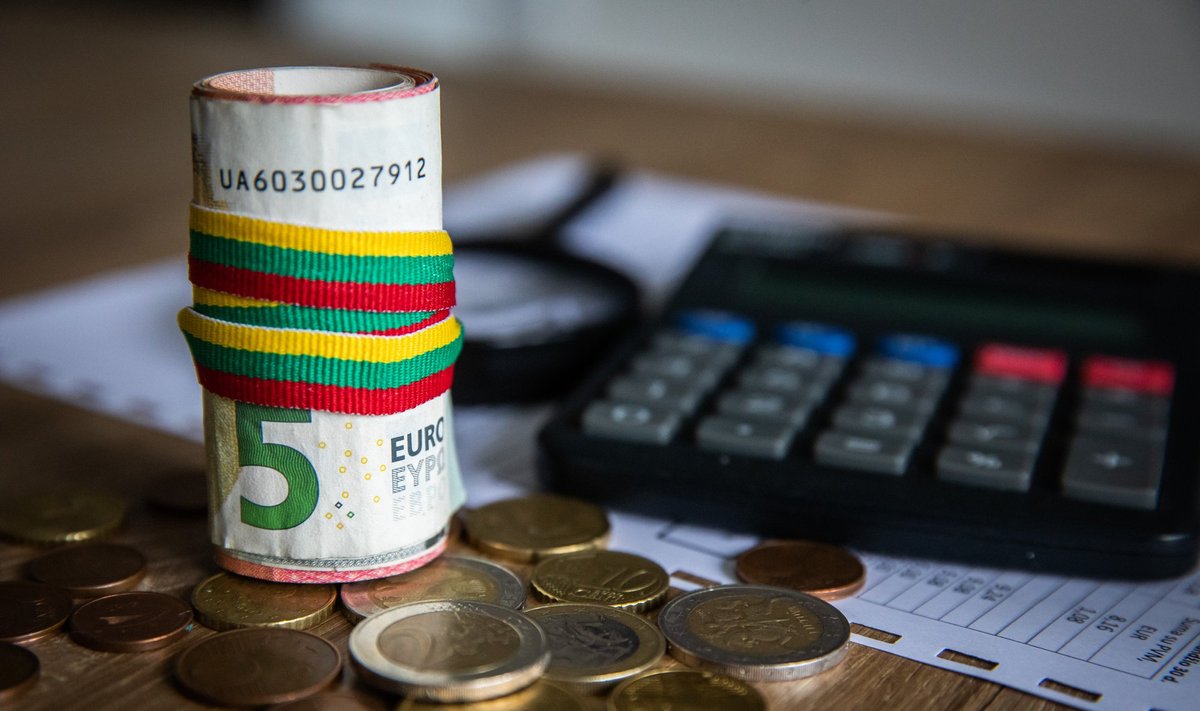Lithuania is expected to receive the funding after the EC's positive assessment, the Finance Ministry said.
Finance Minister Gintare Skaiste says this is a significant step in carrying out the country's recovery and resilience plan, named New Generation Lithuania.
"The plan consists not only of investments, but also of reforms, which usually take somewhat longer to implement," she said in a press release on Thursday. "We have implemented half of the reform actions in the first year, and we are moving forward with confidence."
The plan consists of 191 indicators, progress on which is monitored together with Commission experts. Once a payment request is submitted, it usually takes the EC two months to assess it, and upon approval by the EU Council, funds are allocated – in Lithuania's case – for the first 33 indicators, according to the Finance Ministry.
Skaiste admitted earlier that the application to the EC had been delayed because some of the work had not been completed as scheduled, but promised to do so by the end of the year.
The minister also said that in its request, Lithuania would propose to amend the RRF plan so as to ask not only for a subsidy, but also for a loan to develop renewable energy.
The Finance Ministry told BNS earlier that the country would ask for a loan of around 1 billion euros for the development of renewable energy sources, energy efficiency and cyber security.
It was said that the application to the EU's executive body had been delayed because of failure to adopt certain decisions on the establishment of the Sustainable Mobility Fund and on a universal real estate tax.
The Finance Ministry said on Wednesday that it had improved its draft bill on a new personal property tax model and was submitting it to the Cabinet for approval.
In early November, it was said that the government had postponed its first request to the EC because of its failure to do the "homework" as scheduled.
Marius Vascega, head of the European Commission Representation in Lithuania, then told BNS that it was up to the government to decide when to apply for funding, but stressed that the pace of reforms and investment was important.
It was said earlier that Lithuania would be eligible for up to 3 billion euros in loans and 2.225 billion euros in grants under the Recovery and Resilience Facility.
